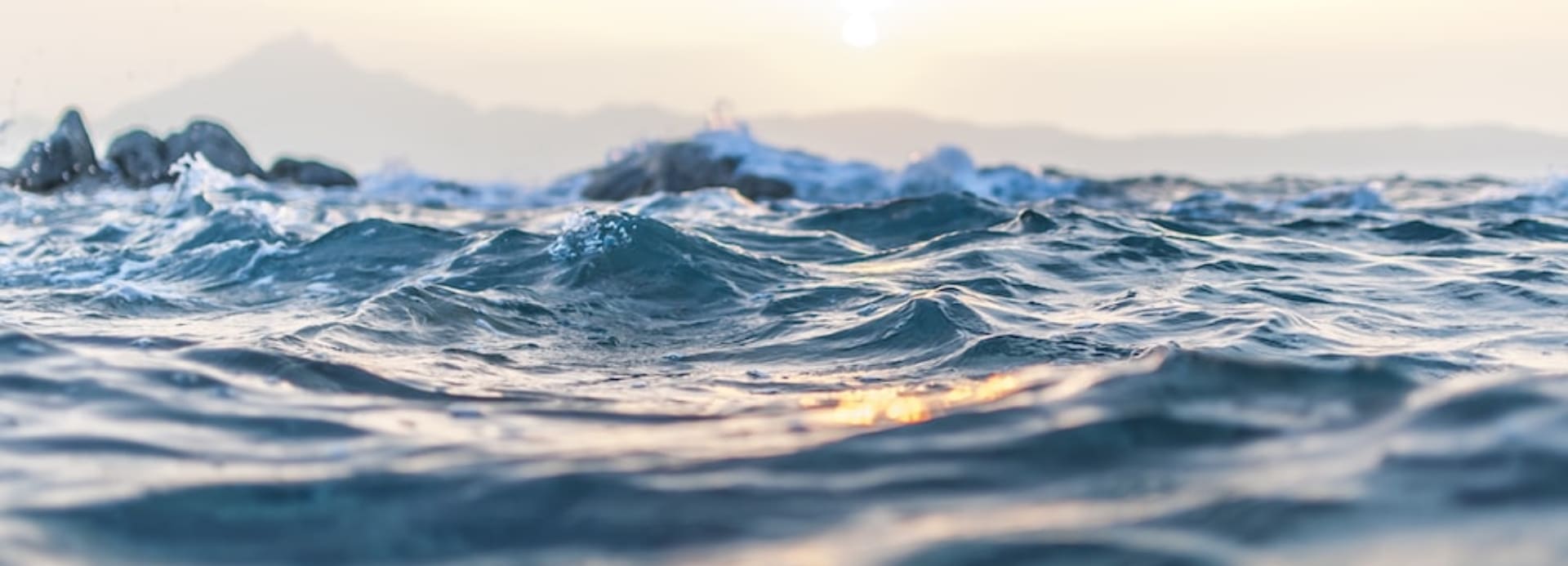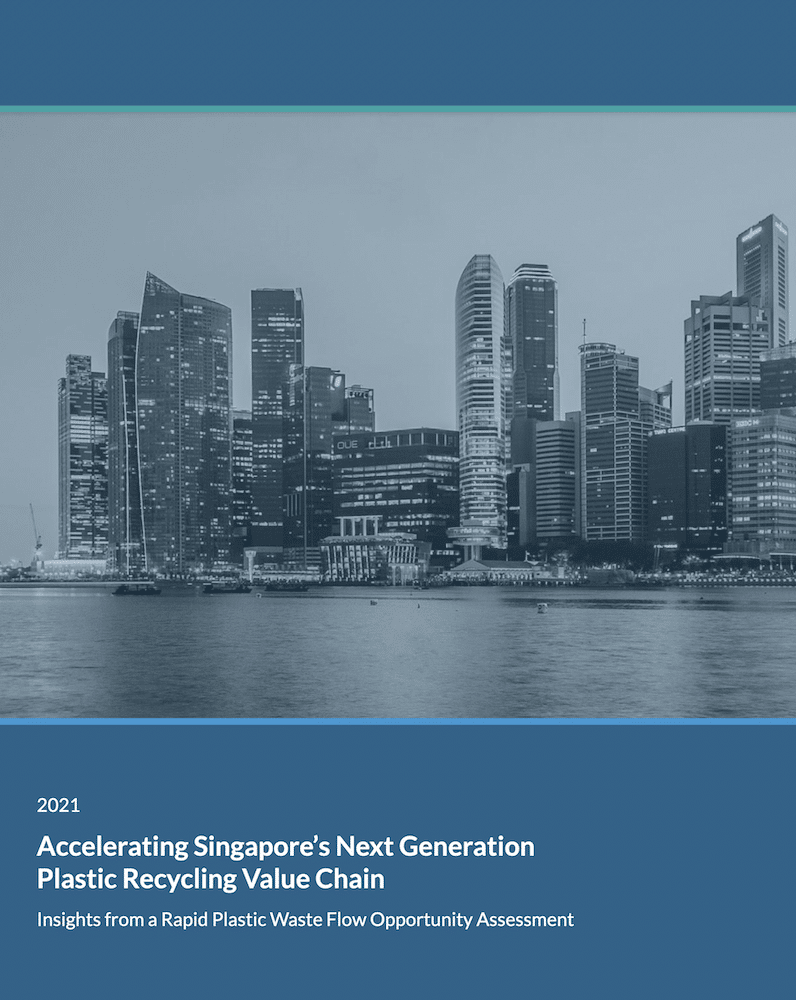Circulate Capital Increases its Commitment to Indonesia Plastic Pollution Prevention with New Investment into Reciki
December 14, 2021
Singapore, 14 December 2021: Circulate Capital, the Singapore-based investment management firm that finances innovations, companies, and infrastructure to prevent ocean plastic and climate change by advancing the circular economy, today announced that the Circulate Capital Ocean Fund (CCOF) is investing in Reciki Solusi Indonesia (Reciki), one of Indonesia’s leading privately-owned waste management companies.
Established in 2019 as a home-grown solution to waste management that meets specific needs of Indonesian cities, Reciki’s vision is to achieve a zero-waste-to-landfill ambition through its industry-leading material recovery facilities (MRFs). Reciki sorts waste collected from household and commercial businesses, and recovers recyclable materials, including plastic, for the recycling value chain. Reciki’s success is based on its ability to tailor to the needs of local municipalities and enable higher levels of recovery. Thanks to the support of its pioneer partner, Danone AQUA, the company currently operates two MRFs, one in Lamongan (East Java) and another one in Badung (Bali).
Addressing the inefficiencies and capacity constraints of local landfills, Reciki’s model offers the potential for significantly increasing the volumes of waste recycled. Moreover, Reciki’s model is uniquely scalable for Indonesia, where a templated model cannot adequately address the specificities of individual cities. Reciki fully tailors its approach in individual cities to develop targeted sorting and distribution solutions that take into account details such as waste characterization, existing infrastructure and household profiles.
Through the investment made by CCOF, Reciki plans to set up several more facilities across Indonesia, with the ambition to process more than 1,000 tonnes of waste per day. This will replicate Reciki’s highly efficient system that processes at least six times more waste than similar services on the market in 2020. Furthermore, Reciki’s expansion is expected to support the creation of over 400 safe, stable, and dignified jobs within the formal sector, paving the way for the formalization of informal sector workers.
Rob Kaplan, Founder and CEO from Circulate Capital, said, “We believe Reciki will drive real impact and help Indonesia achieve its leadership ambition in plastic pollution prevention. Reciki’s fit-for-purpose model, which allows for greater and faster processing of waste, has the potential to significantly scale the recovery and recycling of plastics nationally. In partnership with the Reciki team and Danone AQUA, our co-investor, we believe Reciki can put our capital to work and accelerate becoming a best-in-class solution provider for many cities across Indonesia.”
“And, we look forward to opportunities for our network of investors in CCOF, which include PepsiCo, Procter & Gamble, Dow, Danone, Chanel, Unilever, The Coca-Cola Company, Chevron Phillips Chemical and Mondelēz International, to provide Reciki with technical and procurement expertise, as well as access to a global supply chain for even greater impact on the circular economy for plastics.”
Currently, 36% of all plastic waste is managed by open burning, which contributes to 91% of the country’s total carbon footprint of plastic waste. The funding will help Reciki to expand its current 1 capacity and achieve strong environmental impact, which could result in the prevention of 400,000 tonnes of plastic pollution leakage, avoiding over 700,000 tonnes CO2e greenhouse gas emissions and managing almost 3 million tonnes of waste over a 10-year period.
Reciki’s model maximizes resources by working closely with local collection partners, resulting in cost reduction and retention of local players and jobs. It recovers and distributes almost all materials: high-value plastics, low-value plastics, organic waste and other recyclables, to achieve effective management of waste streams that advance plastics circularity.
Bhima Aries Diyanto, CEO and Founder, Reciki, said, “We look forward to partnering with Circulate Capital to grow and scale our operations to meet the urgent demand for effective, environmentally-friendly waste management. We believe our bespoke solution can transform Indonesia’s waste management industry, alleviate the country’s plastic pollution crisis, and deliver greater value from used materials — in a way that empowers local communities to be part of the solution.”
The loan made to Reciki is partially backed by the United States International Development Finance Corporation (DFC), in collaboration with the United States Agency for International Development (USAID), further de-risking the investment and demonstrating blended finance in action.
According to DFC Vice President of Development Credit, Jim Polan, “Circulate Capital Ocean Fund’s investment in Reciki is precisely the type of private investment that the DFC is interested in catalyzing. Our partnership with the Ocean Fund allows Reciki to demonstrate the profitability of a scalable business model that benefits both the environment and the economy in Indonesia and beyond. This investment will create almost 400 safe and stable jobs while at the same time preventing plastic waste from reaching the ocean and avoiding carbon emissions into the atmosphere.”




 Press Releases
Press Releases  Videos
Videos  Thought Leadership
Thought Leadership 
 Podcasts
Podcasts  Reports
Reports 